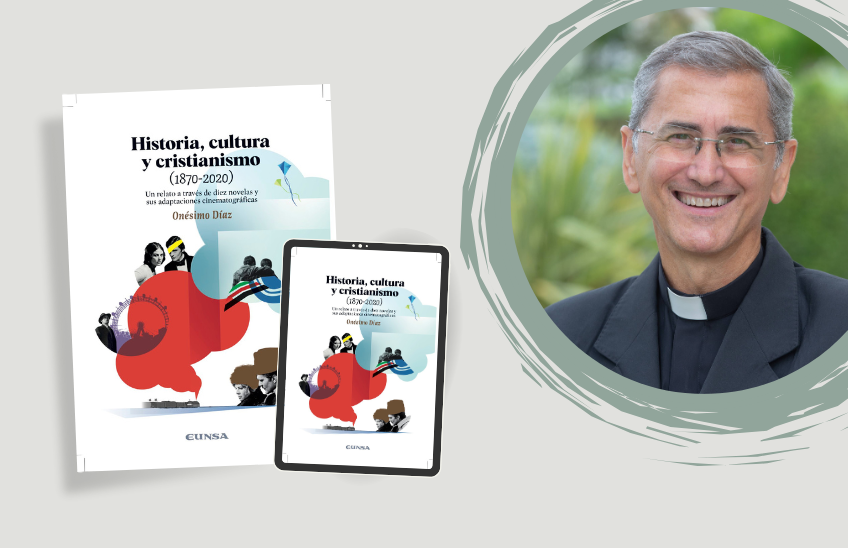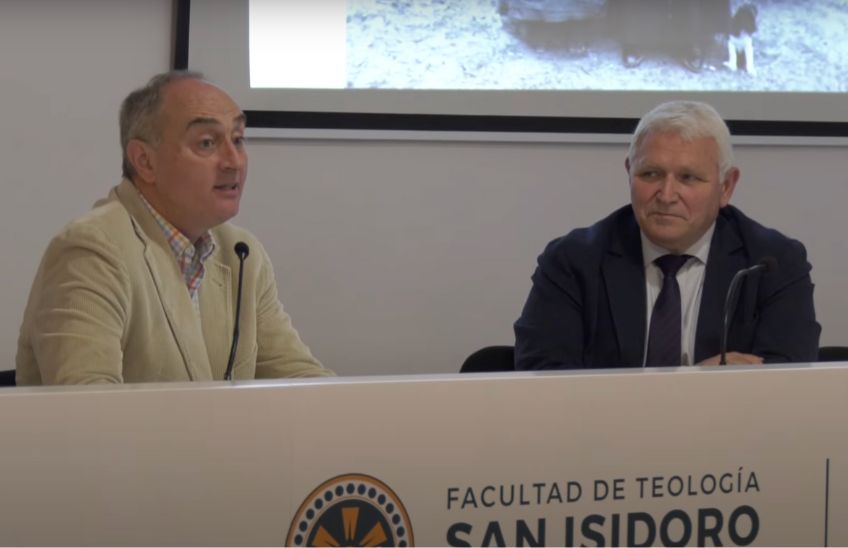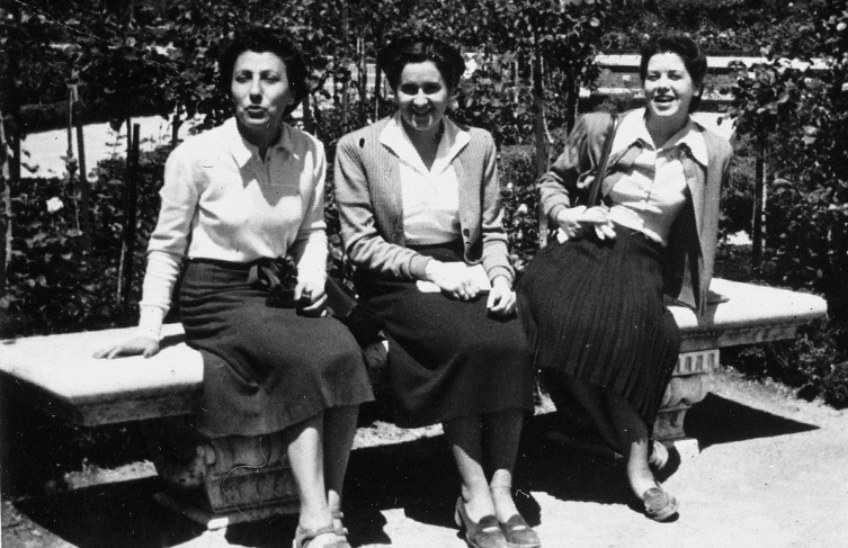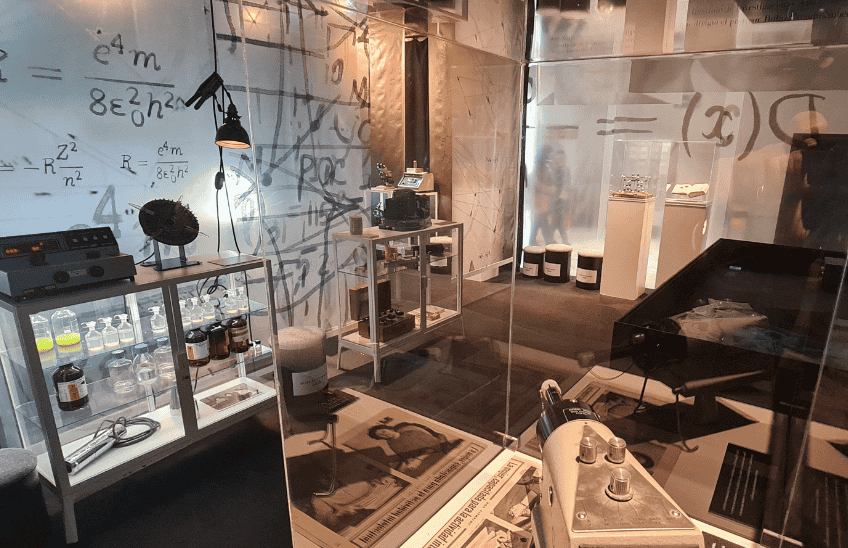An Apostolic and Cultural Expedition
Chronicle of the trip to America (Part 2). Ignacio de la Concha, one of the travelers of the 1948 expedition, was Full Professor at the University. Another, José Vila, was doing his thesis at Philology. This academic profile allowed them to get a scholarship to finance part of the trip and also helped them to meet American intellectuals.
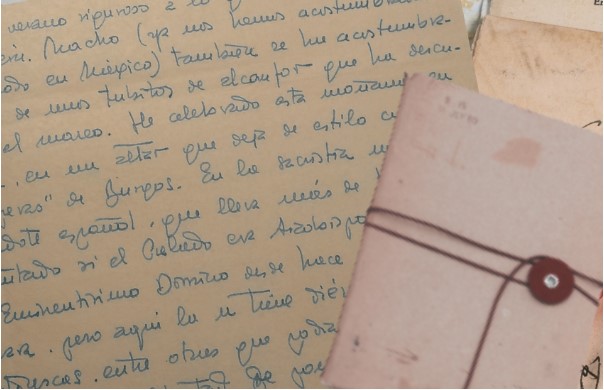
03 | 07 | 2023
The idea of making an exploratory trip to America was forged in St. Josemaría Escrivá towards the end of 1947. At that time he was already aware of some echoes of interest in Opus Dei on that continent.
A few months later, in February 1948, his organization began. This involved choosing the travelers, plotting the route, making contacts with friends and relatives in the Americas and, of course, finding the financing.
Travelers
The founder of Opus Dei thought of Pedro Casciaro, Ignacio de la Concha and José Vila. The first was at the head of the expedition. He was the oldest of the three, was 33 years old at the time, and was a priest. Casciaro joined the Work in November 1935, while he was studying Architecture and Exact Sciences at programs of study . At the end of the Spanish civil war, he graduated in mathematics. Escrivá was well aware of his friendliness and people skills, so important for the social relations that he would have to cultivate on that trip, as well as his practical and prudent sense, which is why he entrusted him with positions of government in the institution between 1943 and 1971.
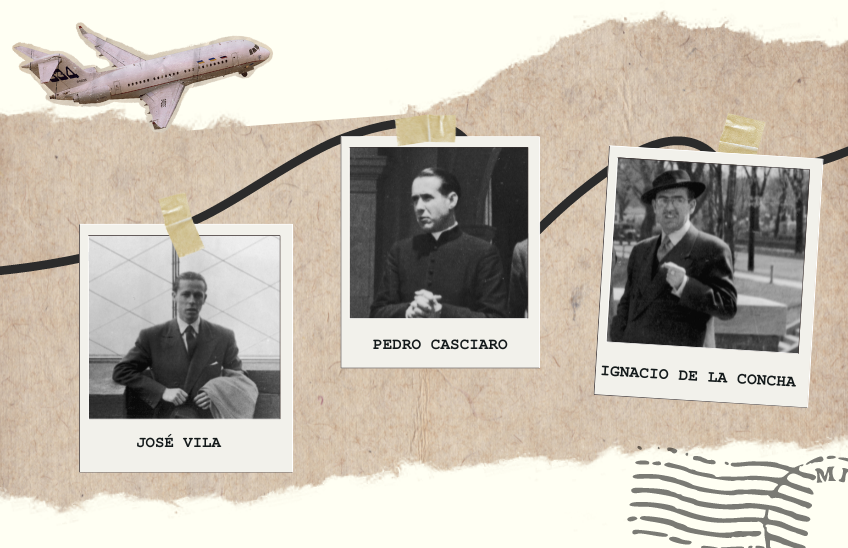
Ignacio de la Concha graduated in Law from the University of Valladolid, where he became acquainted with Opus Dei and applied to Admissions Office in the spring of 1940. He was Full Professor of History of Law at the University of Oviedo since 1944; two years later he occupied that Chair at the University of Valencia. He also accompanied Casciaro on a second trip to initiate the stable work of Opus Dei in Mexico in 1949. He returned to Spain in 1954, rejoined his Chair at History of Law (this time at the University of Salamanca) and, some time later, disassociated himself from Opus Dei. As a legal historian he was able to gain contacts in the American academic world. In fact, being Full Professor Spanish was an excellent cover letter in the various American universities visited, particularly in Spanish-speaking ones. In addition, he had an extensive family in Mexico, the Martínez Pando family.
Lastly, José Vila, the youngest: he turned 25 during the trip. He had applied to Admissions Office in the Work in Valencia in 1941. In 1948 he was graduate in Philosophy and Letters from the University of Seville, and secretary of high school of Hispanism, in Madrid. Vila oriented his academic degree program to literary criticism. In 1954 he edited his thesis , entitled Procedimientos y técnicas en Rómulo Gallegos, one of the most important Venezuelan novelists. He had a long degree program dedicated to literary criticism. He had the soul of a poet, which was reflected in his letters to the founder and other members of Opus Dei.
Travel financing
Raising funds was important for the trip. In addition to requesting some donations from individuals, the two scholars of the expedition requested a scholarship from the Ministry of Foreign Affairs, to undertake a cultural mission statement in America. At that time, it was that ministry that granted scholarships for this subject of cultural action abroad.
They submitted to the Ministry a project with the goal to "carry out a systematic study of the cultural conditions of universities and higher scientific centers". To this end, they defined some fields of study and observation.
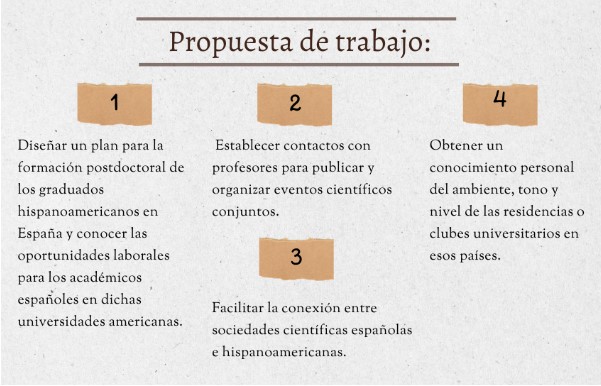
The ministry approved their proposal. Therefore, they had to give some lectures, something frequent at that time among academics who toured Ibero-American countries. The Spanish embassies informed the Ministry of Foreign Affairs about these exhibitions. The expedition members, for their part, documented their activity in their travel diaries.
The intellectual world
This academic profile financed part of the trip and also helped to meet American intellectuals. Ignacio de la Concha and José Vila looked for a place to give some lectures.
In Mexico, a total of eight lectures were given: at the University of Puebla, Caballeros de Colón, Círculo Patronal (Puebla); Casino Español, board Mexicana de Investigaciones Históricas and at the Escuela Libre de Derecho.
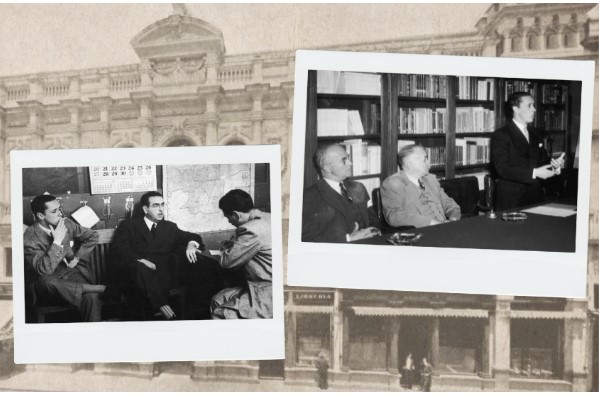
Their presentations dealt with their respective research. Ignacio de la Concha dealt with topics related to Spanish medieval law. José Vila spoke on more poetic subjects, such as "From Solitude to Joy", "Faith, Homeland and Love", "Contemporary European Novelists" and "Ancient Death, Modern Death".
These academic meetings allowed them to enter the wide intellectual world of Mexico, explore possibilities for future work and meet numerous people, many of whom showed interest in those professors and in the institution to which they belonged. On July 5 they noted in the Diario:
At 3 ½ o'clock Ignacio left for Puebla (...). Since he was invited to dinner by the President and some professors of the university, he stayed overnight in Puebla, at the home of some relatives. After the lecture, quite well attended and applauded, he was approached by a group of students to invite him to give another one.
These contacts with the Mexican intellectual world were of great financial aid value when the following year Casciaro and De la Concha returned to live permanently in the country. Of course, the travelers were getting to know the unique reality of the higher teaching system in Mexico and other countries through which they traveled.
At the same time, the expeditionaries shared the news of Opus Dei with those who knew about it. The Work had a great interest in intellectuals, since it recognized their capacity to exert a significant influence on society. Some of those professors later attended the formative activities organized by the members of the Work.
_______________
Text based on:
Episode of the 'Fragments of History' podcast: The scouts. A long journey through America
'Studia et Documenta': The scouts. A long journey in 1948 to prepare for the arrival of Opus Dei in America.
Related content:
75 years since the first pilgrimage of Pedro Casciaro in Mexico. Chronicle of the Journey through America (Part 1)

